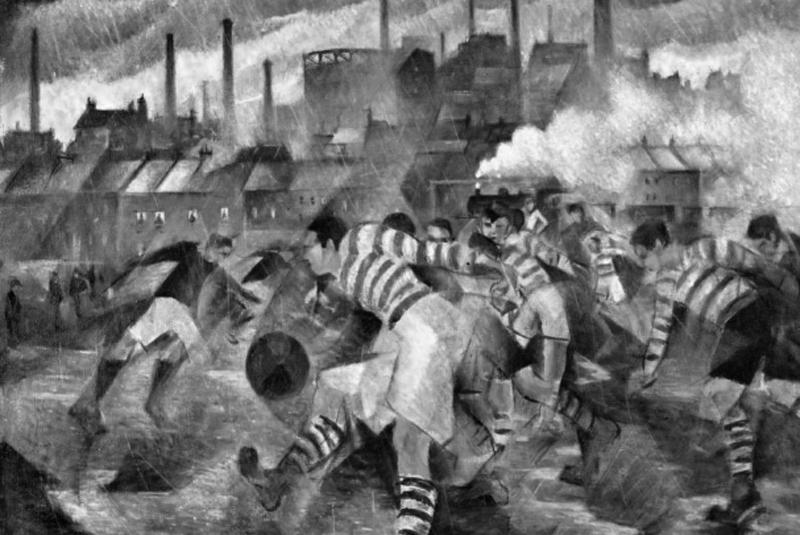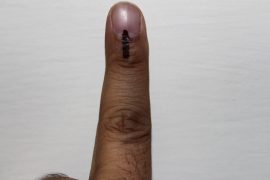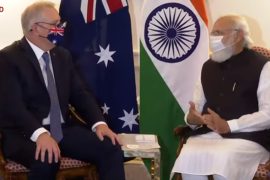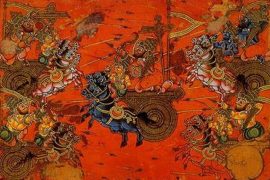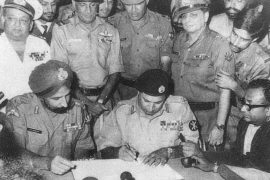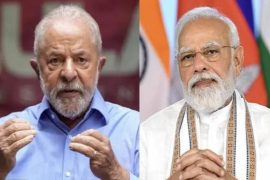On a cold Monday night in October 1863, eleven representatives from various schools and amateur ‘football’ clubs gathered in a small tavern off Great Queen Street, London. Seated around a table, they marked attendance through the hypothetical register. Perceval House? Tick. Kensington School? Tick. Blackheath Proprietary School? Tick. And so on.
Here, they argued and debated over a common set of rules to distinguish two games from one another: football and rugby. Despite the British feel of the British pub under British skies with typical British weather, they caused a butterfly effect which kicked off a long-term goal for Indian football.
Ten years later: Calcutta
A pale-faced man tentatively steps out into the February sunshine, pulling the brim of his hat down to shield himself from the dazzling glare. He shuffles briskly towards his new workplace. Henry Mortimer Durand, like many other Brits of the time, wanted to put his stamp on the world. The Indian Civil Service, he felt, was means to accomplish his goals.
It seems peculiar now that despite pursuing a career in politics, his first ‘legacy’ came through football. Having been a student at Blackheath Proprietary, it indicates as to how this diplomat was so interested in a sport that had only recently begun professionally emerging in Western Europe.
Copyright©Madras Courier, All Rights Reserved. You may share using our article tools. Please don't cut articles from madrascourier.com and redistribute by email, post to the web, mobile phone or social media.Please send in your feed back and comments to editor@madrascourier.com

